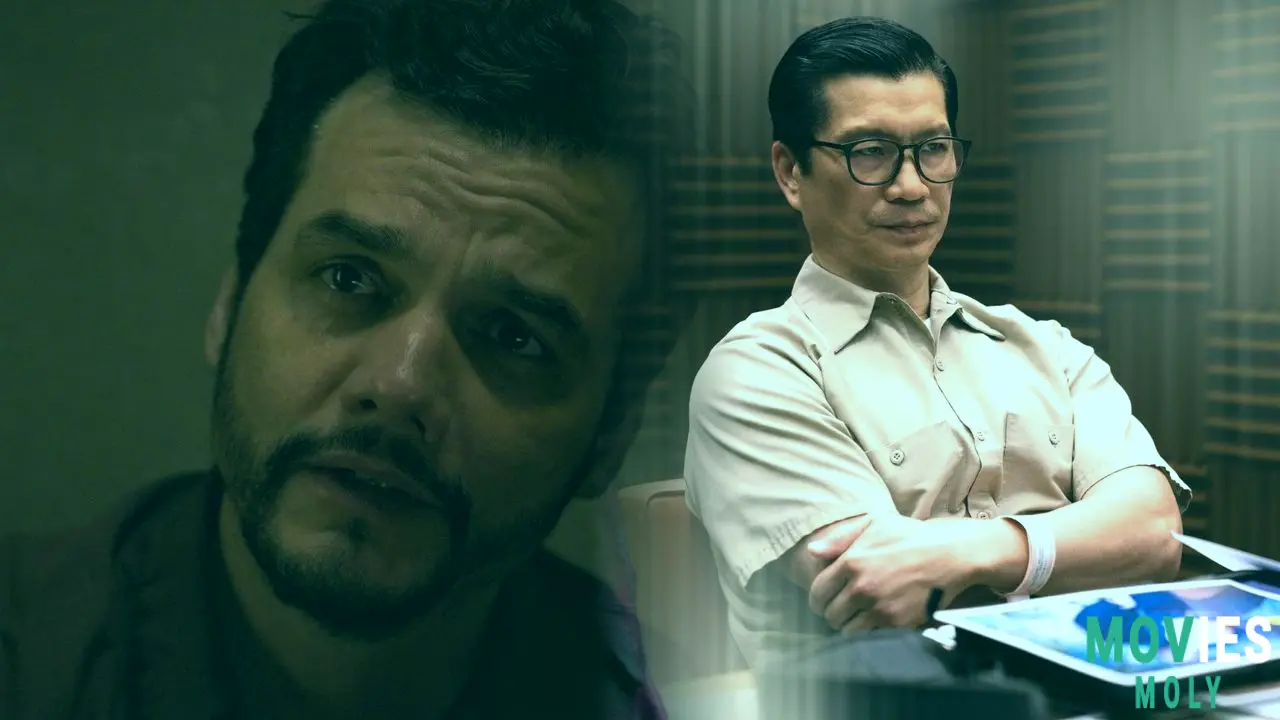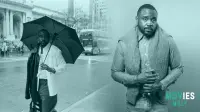By Nicolas Ayala
Few performances in recent memory have navigated the tightrope between desperation, dignity, and dogged survival as deftly as Brian Tyree Henry’s portrayal of Ray in Dope Thief. The Apple TV+ limited series — a noir-infused, soul-bearing crime odyssey set in a post-pandemic Philadelphia — gave Henry not just a role, but a revolution of emotional depth to stake his ground on. And stake it he did, not only as the show's lead but also as an executive producer, embedding himself into the marrow of a story that’s as much about survival as it is about identity, illusion, and what it means to be human in a world that keeps pushing you underground.
Dope Thief’s Final Chapter Cemented Ray as a Flawed Hero Worth Rooting ForThe final episode, “Innocent People,” doesn’t just close out a series — it detonates the emotional payload that’s been simmering under Ray’s skin the entire time. After a chaotic gambit of fake DEA robberies, misfires, and moral freefalls, Ray (Henry) finds himself not only hunted by a real drug cartel but also betrayed by the very institution he mimicked. The twist that the supposed kingpin DEA lieutenant was using his badge to shield a drug operation wasn’t just plot sauce — it was a grim reflection of how corruption wears a uniform and trust is the most dangerous currency of all.
But what makes Henry’s performance in this revelation sequence so powerful is how internal it is. Ray isn’t a mastermind. He’s never been in control. He’s been surviving with Manny (Wagner Moura), his trauma-bonded partner, in a world that keeps collapsing on them. And now, with Manny gone—crushed by a heroin overdose in a gut-wrenching turn that Henry says he emotionally prepared for by staying in the moment with the actor on set—Ray is left not just alone, but shattered. Yet, somehow, he keeps going.
Henry’s Collaboration With Creator Peter Craig Led to a Deeply Authentic Exploration of Philly and Fatherhood
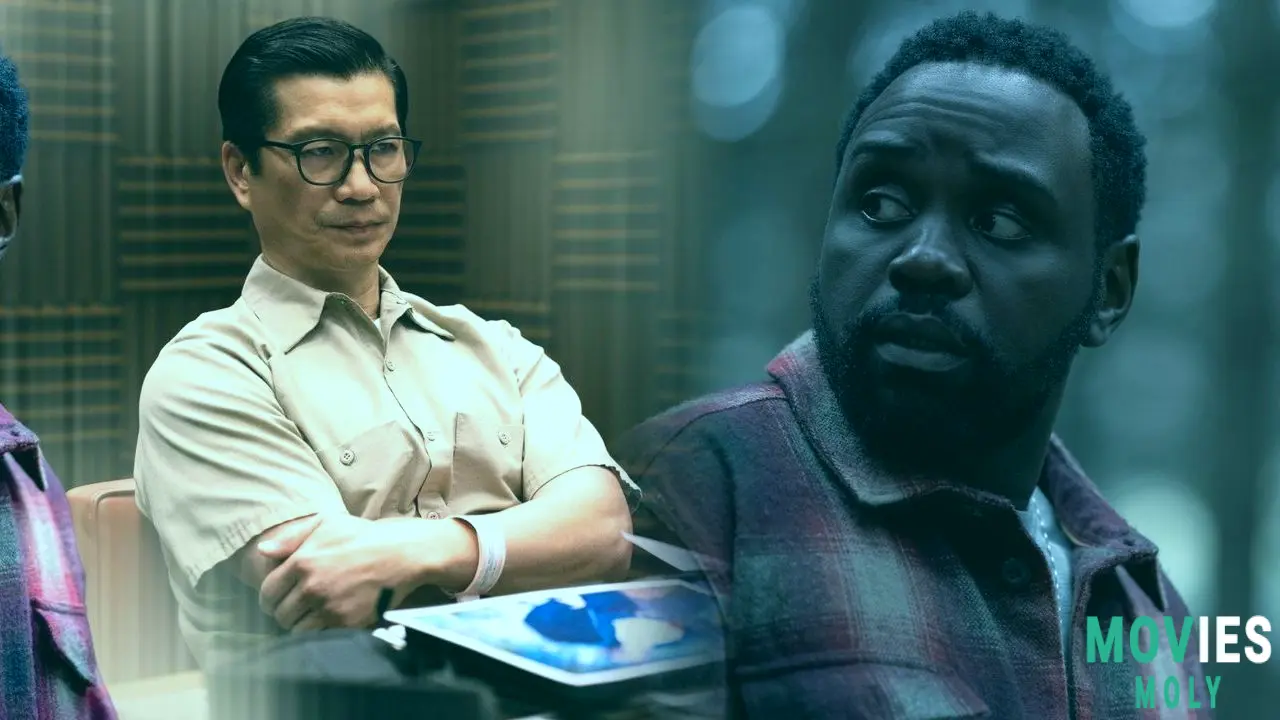
What elevates Dope Thief beyond the usual grim crime genre fare is the collaboration between Henry and creator Peter Craig. Craig, who co-wrote The Batman and Top Gun: Maverick, crafted a series that doesn’t just use Philly as a backdrop but as a living, breathing character. And with Henry’s input, that character is Ray — a man who’s navigating not only criminal missteps but emotional cartography of a city, a past, and a father he barely knows.
The inclusion of Ving Rhames as Ray’s father — a casting choice Craig calls a “moonshot” that landed perfectly — adds another layer to Henry’s journey. Rhames and Henry share an on-screen dynamic that feels lived-in, even in its brevity, and it underscores one of the show’s core themes: *family is not what you're born into, but what you're willing to sacrifice yourself for*. Ray’s final gambit isn’t about revenge; it’s about redemption, and it’s deeply personal.
Dope Thief Refuses to Stereotype, and Henry’s Ray Is the Heart of That Mission
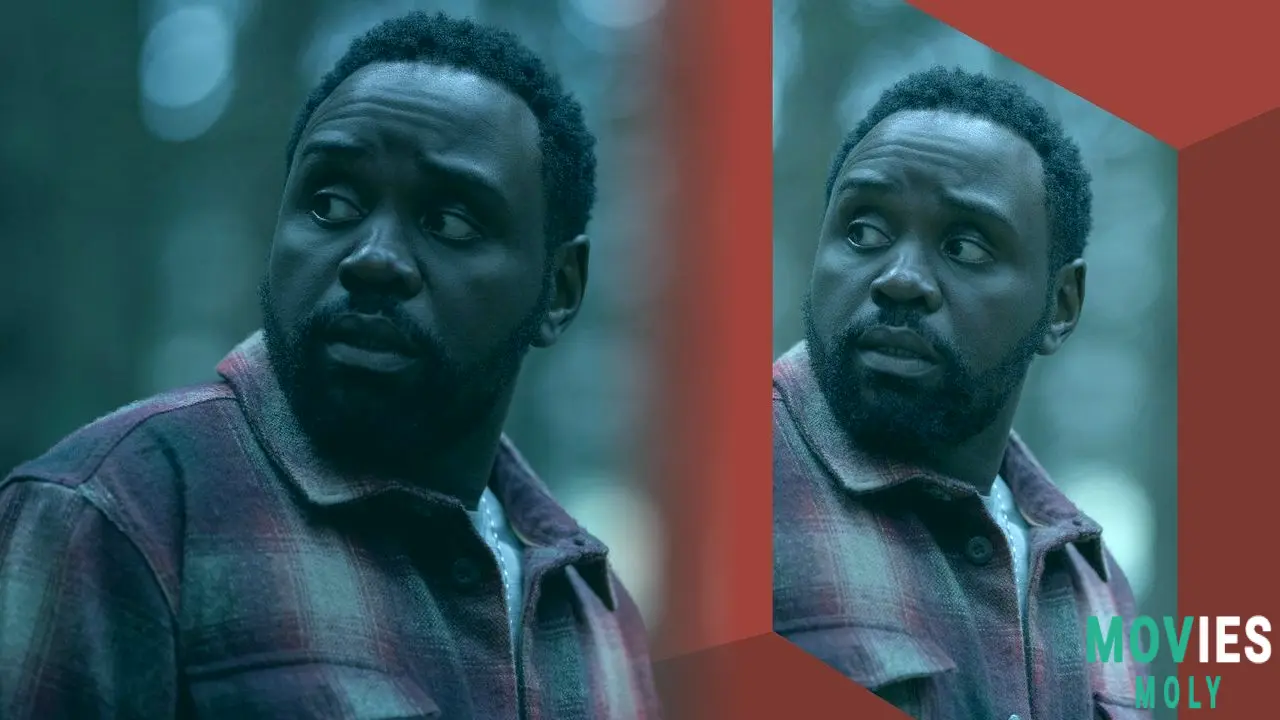
One of the most striking aspects of Dope Thief is how consciously it avoids falling into the traps of genre stereotypes. As Craig eloquently put it, he didn’t want to tell the story from the perspective of the “mastermind” but from the guys “just carrying the bag.” Ray is that guy. And Brian Tyree Henry transforms him from a low-level hustler into a portrait of survival, intelligence, and emotional complexity.
The show's portrayal of Philadelphia is similarly nuanced. Instead of the usual media focus on majority-white neighborhoods, Dope Thief dives into the segregated, diverse, and vibrant realities of Black Philly. Henry, who also served as a cultural touchstone for Craig, ensured that Ray’s experience was authentic — not emblematic, but individual. When Mina (Marin Ireland), an undercover DEA agent, becomes an unlikely ally in the finale, her trauma-bonded relationship with Ray feels real, raw, and unscripted. They don't know each other, but they've become family through suffering.
Ray’s “Hallelujah” Moment Is a Gritty, Grounded Comic-Style Rebirth
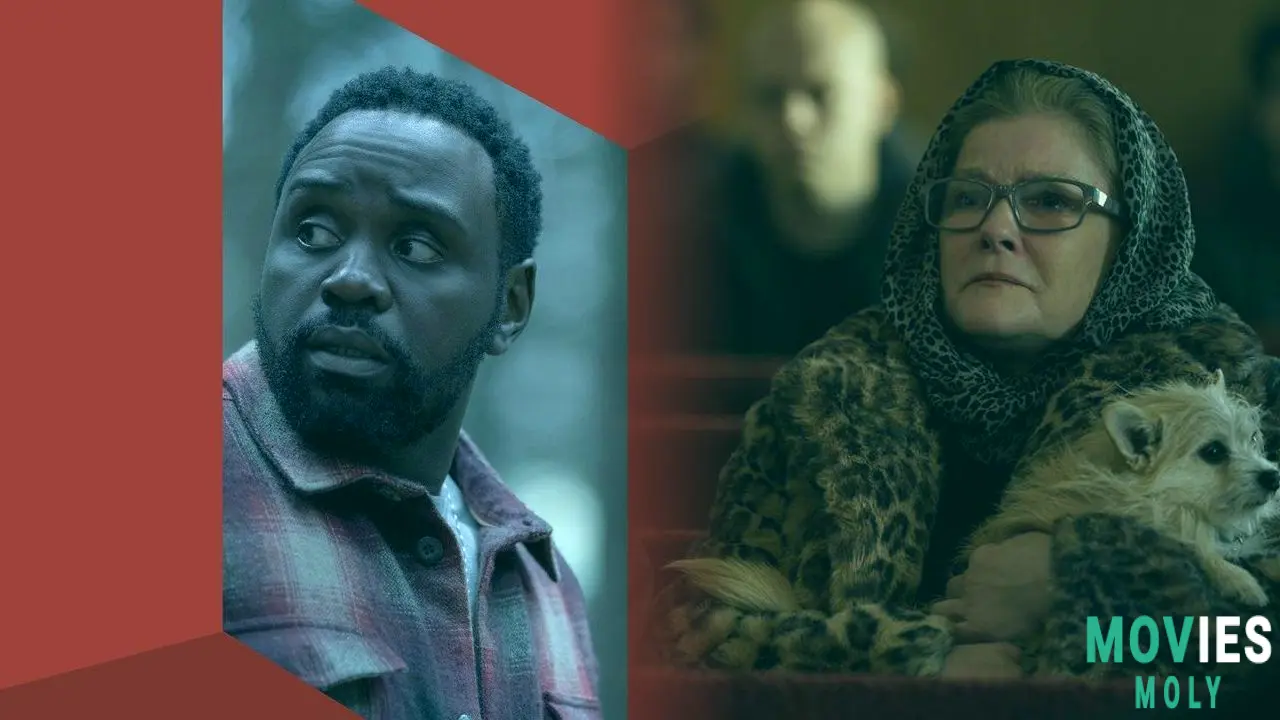
Throughout the series, Ray says “hallelujah” in an ironic, almost cynical way. But in the final scene, as he utters the word one last time, it lands like a prayer answered. Not in a divine sense, but in a gritty, grounded sense of having made it through the muck. After all the lies, the losses, the lapses into codependency and chaos, Ray is clean — both legally and morally. He’s not a hero. He’s not even sure he’s a good person. But he's alive. And that’s everything.
This isn’t the kind of triumphant ending that comes with explosions or glory. It's an inside job. A soul heist. And Brian Tyree Henry sells it with every fiber of his being. As someone who’s been shot at on TV more times than he can count, Henry says he’s now looking for roles where he can be seen in love. Not necessarily happily, but genuinely. After Dope Thief, it's clear he's more than ready for that next chapter.
Even in Loss, Henry Found Joy — and That’s the Mark of a True Storyteller
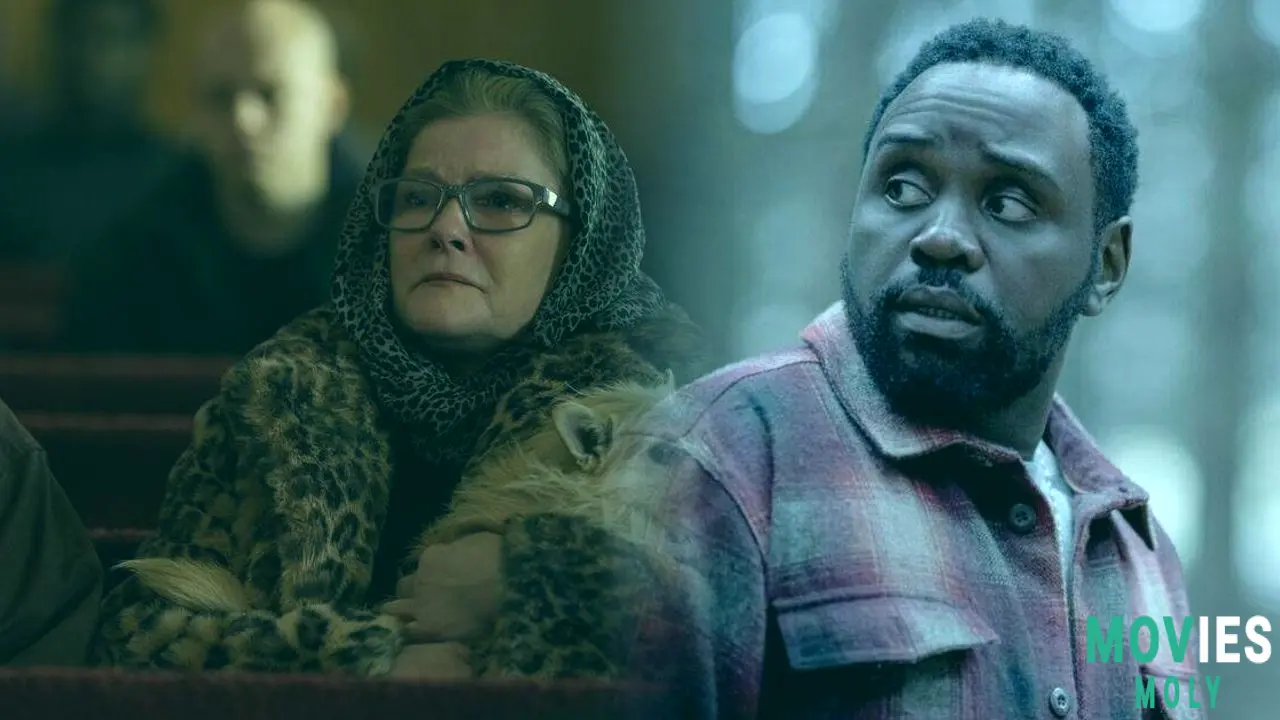
Henry’s affection for his co-star Moura and his grief over losing Manny’s character speaks volumes about how deeply he lived this role. He even turned the actor’s final scene into a send-off party — a small celebration in the face of inevitable sorrow. It’s the kind of human moment that seeps through the screen and sticks with you.
And as Henry lounges into his love for Meghan Markle’s Netflix series With Love, Meghan—where he says he even received flower-filled gift boxes like a grateful fan—one can't help but hope that he continues to find roles that let him trespass into our living rooms with the same kind of emotional honesty he brought to Dope Thief. Because that’s where Henry shines the most: in the lives of people we think we've seen before, but who he makes us *feel* like we’re meeting for the first time.

